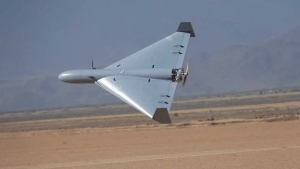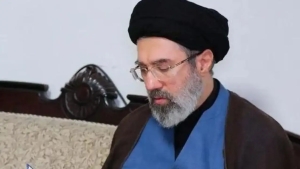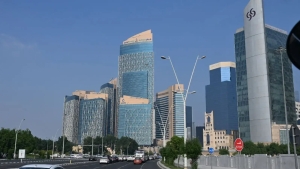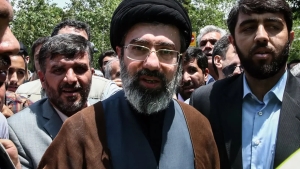Saudi prince in the US: oil, security, technology discussed
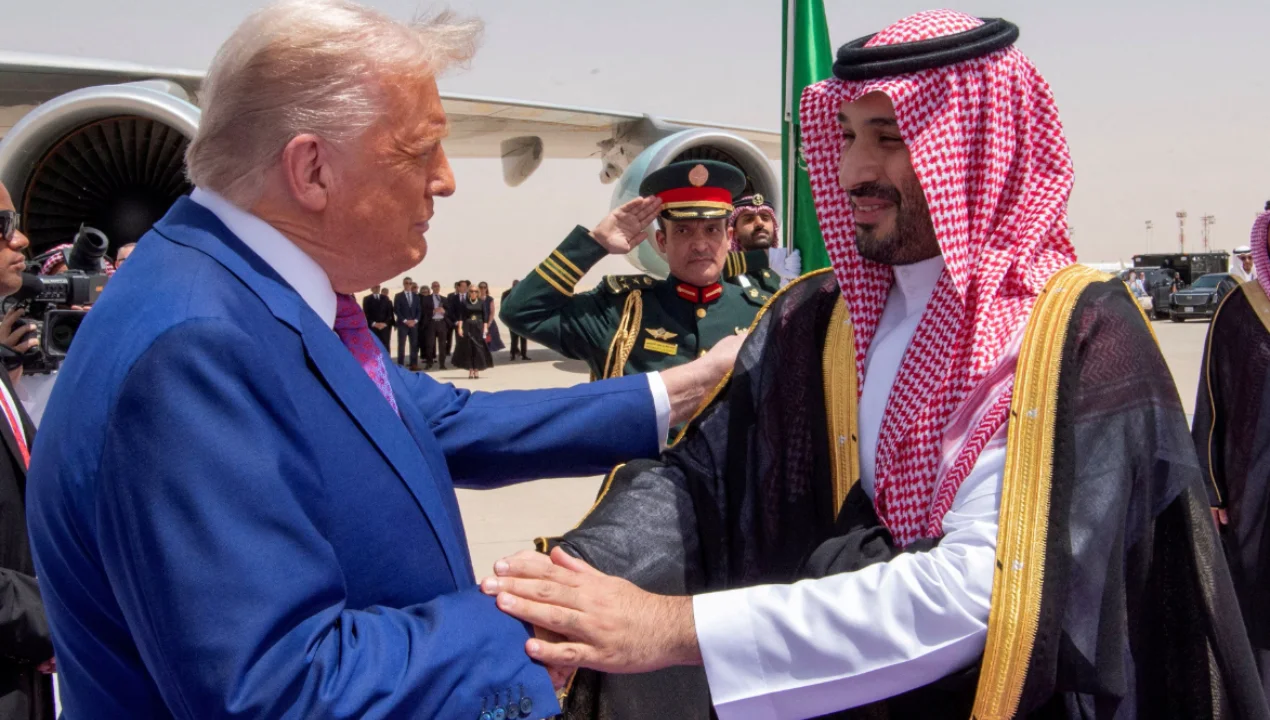
On November 18–19, Saudi Arabia's Crown Prince Mohammed bin Salman made an official visit to the United States. This was reported by Zamin.uz.
He held talks with US President Donald Trump at the White House. This meeting attracted significant attention in the Washington press.
The negotiations were expected to cover the oil market, regional security, defense agreements, and other geopolitical issues. At the same time, this visit once again recalled the controversies related to the killing of journalist Jamal Khashoggi in Istanbul in 2018.
Khashoggi had lived in the US and worked for the Washington Post. His murder sparked intense debates on the international stage.
US intelligence suspected that Mohammed bin Salman had authorized the incident, but the prince denied these accusations and accepted responsibility as the overall leader. Today, amid a complicated situation in the Middle East, the prince's visit indicates new political directions.
Mohammed bin Salman presents himself as a mediator restoring balance in the region. He is advancing initiatives such as improving relations with Iran, stopping the firing in Gaza, and supporting Syria's return to the Arab states' fold.
One of the main topics of the visit was new defense agreements, with Saudi Arabia seeking to restore its long-standing "oil-security" partnership with the US. In 2019, attacks by Iran on Saudi oil facilities and the US's insufficient response had weakened this cooperation.
Now, Saudi Arabia is demanding strong defense guarantees from the US in exchange for normalizing relations with Israel. Israel, however, links this issue to commitments regarding a Palestinian state, complicating the negotiations.
Additionally, Saudi Arabia is negotiating with the US to purchase 48 F-35 military aircraft. However, this process is slowing down due to Congressional approval, Israel's position, and the sensitive regional situation.
During the visit, Mohammed bin Salman aimed not only at defense cooperation but also at collaboration in artificial intelligence and nuclear energy sectors. Saudi Arabia is striving to implement economic reforms under the "Vision 2030" program and requires US advanced technologies, AI projects, and civilian nuclear programs.
These initiatives could strengthen Saudi Arabia in technological competition with the UAE and Iran. The US, meanwhile, is approaching nuclear issues cautiously.
Saudi Arabia's willingness to enrich uranium or reprocess spent fuel could increase the risk of nuclear weapons development. Nevertheless, analysts do not rule out the possibility of announcing initial agreements in the nuclear field during the visit.
This visit has the potential not only to reshape Saudi-US relations but also to alter the geopolitical balance in the Middle East. New defense agreements, cooperation in artificial intelligence and nuclear technologies, as well as the future of the oil market, remain key issues influencing global politics.
We will learn in the coming days what agreements will be signed during the visit.


